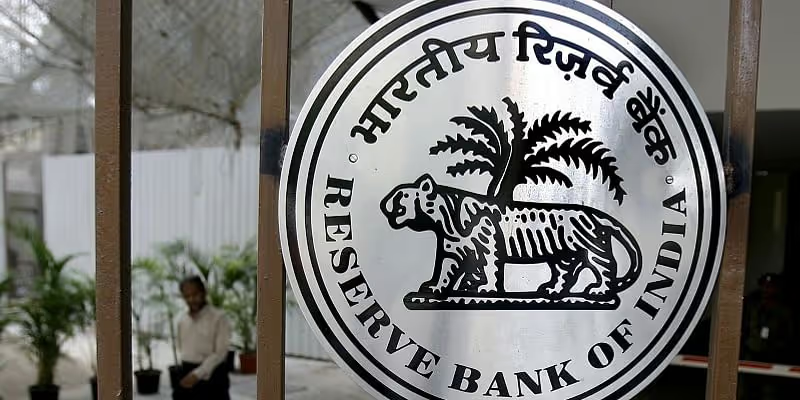Bank credit picking up in the MSME sector: Chief Economic Advisor
Asserting that the economic situation is likely to improve during the year, Chief Economic Adviser V Anantha Nageswaran expressed hope that the private sector is expected to accelerate capital expenditure from the second half of the current fiscal.
Asserting that the economic situation is likely to improve during the year, Chief Economic Adviser V Anantha Nageswaran on Tuesday expressed hope that the private sector is expected to accelerate capital expenditure from the second half of the current fiscal.
Investment from the private sector has been muted for the past many years despite several measures, including corporate tax cuts, taken by the government to reinvigorate it.
"Bank credit is beginning to pick up, especially in MSME sector. Therefore, I think probably by the end of the second quarter or in the second half of the year, the private sector picking up the baton of capital expenditure... sooner rather than later Indian private sector will pick up the capital expenditure baton and run with it," he said at an event organised by AIMA.
Finance minister Nirmala Sitharaman in the Budget raised capex (capital expenditure) by 35.4 percent for the financial year 2022-23 to Rs 7.5 lakh crore to continue the public investment-led recovery of the pandemic-battered economy. The capex for the year gone by was pegged at Rs 5.5 lakh crore.
An RBI (Reserve Bank of India) survey has shown a jump in capacity utilisation by the industry from 68 percent to 74 percent, Nageswaran said, adding, the top four firms in several sectors are already operating over 80 percent capacity.

(Photo credit: AFP)
He said, the government continues to balance short-term compulsion without losing sight of longer-term aspiration, macroeconomic stability, prudent budgeting, transparency, and emphasis on capital expenditure.
To provide relief to the poor, the government has extended the free food programme by another six months, which would cost the exchequer about Rs 80,000 crore, 0.65 percent of GDP.
"The robust state of balance sheet within private sector would enable the Indian economy to weather the current twin storm -- geopolitical and Fed Reserve tightening. As we head toward the second half of 2022-23, blue sky will reappear and we can look ahead to a decade of India repeating in a more sustainable form, the kind of high growth we experienced between 2003-2012," he said.
The major headwinds at the moment are the geopolitical situation and the aggressive stance of the US Federal Reserve on tightening monetary policy.
Talking about the focus area, Nageswaran said, asset monetisation and privatisation of PSUs are two key areas.
He also said that the Budget estimates are expected to hold good given the buoyancy in revenue collection and the budgeted 6.4 percent fiscal deficit looks alright.
If the oil prices persist beyond $100 per barrel for a longer period, he said, probably GDP numbers may have to be revised downward.
As per the Economic Survey, the country's economic growth is expected to remain in the range of 8 to 8.5 percent in 2022-23 as against a projected growth of 9.2 percent in the previous financial year.
Last week, RBI slashed its economic growth projection to 7.2 percent from 7.8 percent estimated earlier amid volatile crude oil prices and supply chain disruptions caused by the Russia-Ukraine war.
Commenting on the downward revision of GDP growth forecast by RBI to 7.2 percent, CEA said that RBI has been realistic in bringing down the forecast, and because of that further downside from the revised number is limited.
Regarding the possible revision in the GDP forecast of the Economic Survey, he said that it is premature to revise the forecast as the financial year has just begun and the assumption of average oil price at $70-75 for the year may still hold.
However, if the oil price remains above $110 for a quarter or two, there may be a need for burden-sharing. He said that the government's approach is to provide targeted relief to the poor instead of omnibus tax reduction, he added.
Considering the possibility of an excise cut on oil, he said that the impact could be 0.2-0.4 percent of the GDP depending on how soon or how much excise cut becomes necessary.





1552653967435.png?mode=crop&crop=faces&ar=1%3A1&format=auto&w=1920&q=75)


